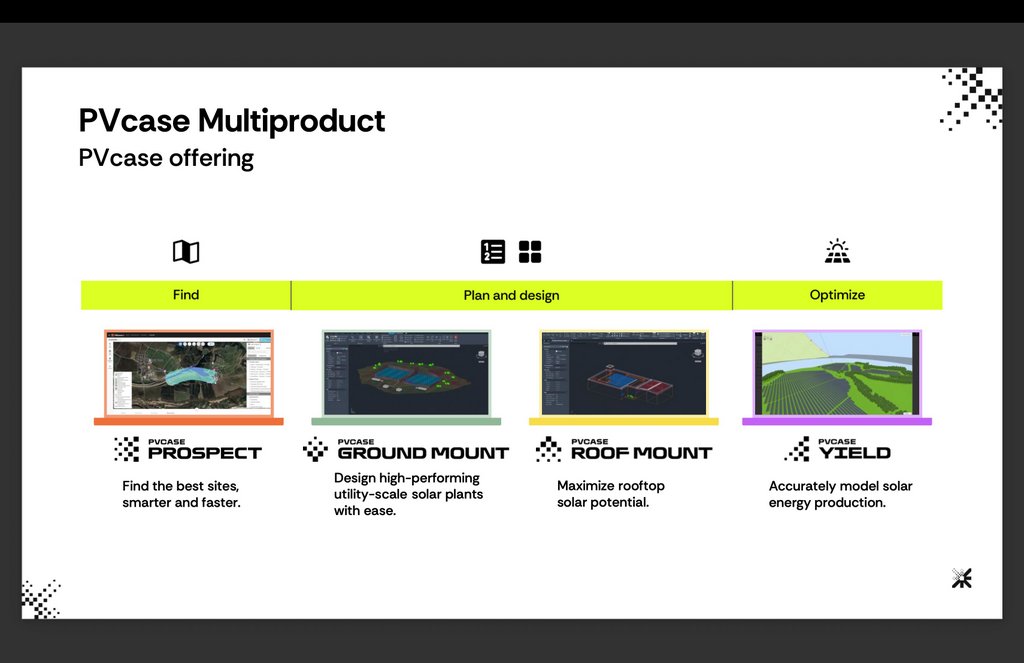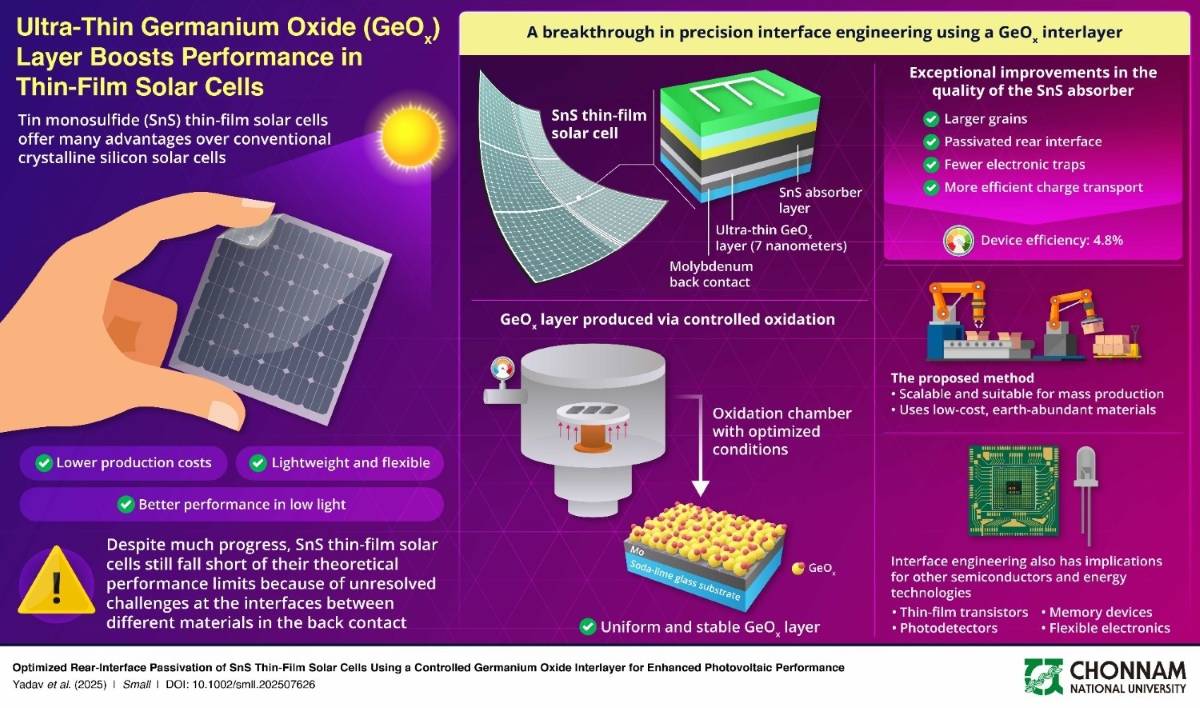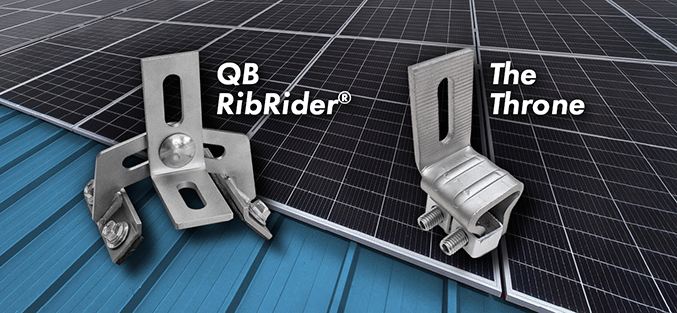Case study: Navigating bedrock & 180-mph winds with Bahamas Solar & Renewables

Freeport Oil Company Limited (FOCOL), a leading energy provider in The Bahamas and Turks and Caicos, expanded into renewables through its subsidiary Bahamas Solar & Renewables (BSR). With a mission of “Fueling Growth for People,” BSR aimed to empower its communities through clean energy. Taking an unconventional path, the company bypassed a traditional EPC and instead hired local contractors for civil and electrical work to keep economic benefits within the community.
Building solar on an island, however, comes with unique challenges. High winds, complex subsurface conditions, and difficult logistics amplify risk. For its first solar project in Freeport, BSR needed a trusted solar partner with proven expertise in extreme environments.
Overcoming Tough Conditions
Early on, BSR’s team discovered the project’s tough soils and wind exposure required specialized engineering. Terrasmart, known for tackling challenging terrains, was selected to deliver a foundation and racking solution that could withstand the site’s demands.
Soil complexity: Geotechnical analysis showed 100% refusal with a mix of bedrock, limestone, and silty sand, all conditions that could threaten reliability if not properly addressed. Terrasmart’s engineers recommended pull-out testing to determine the optimal foundation type and ensure stability.
Wind risk: After the devastation of Hurricane Dorian in 2019, The Bahamas mandated that new solar sites withstand up to 180-mph winds. Terrasmart performed a tilt angle study to calculate module pressure and determine the safest design that minimized stress on the panels.
Logistics: Shipping to an island meant all materials needed to fit efficiently into 40-foot containers. Terrasmart’s logistics team, experienced in island projects, ensured timely and accurate delivery of equipment.
With over 50 projects across coastal and high-wind regions, Terrasmart applied deep field expertise to execute a durable, precise solution tailored to Freeport’s site conditions.
Foundation and Racking Solution
Given the site’s 100% refusal rate, ground screws were the natural choice for foundation stability. Terrasmart’s pull-out tests, two per test point, measuring both tensile and lateral force, validated the use of 56-inch Terrasmart 1425 ground screws. These tests confirmed anchorage strength and informed the engineering adjustments required to optimize performance.
For high-wind resilience, Terrasmart’s engineers selected a 13-degree tilt angle, reducing uplift and preventing overstress on modules. A smaller 2h x 8w table layout was adopted for added rigidity, while BSR chose modules rated for higher uplift loads.
Terrasmart’s in-house installation team handled both racking and foundation work, a service that proved crucial to maintaining speed and quality. The final system included Terrasmart’s GLIDE Agile fixed-tilt racking on 3,936 ground screws, supporting 15,744 modules across the 6.77-MW site.
Delivering Reliable Results
Terrasmart completed the foundation and racking installation within one month in a major achievement for an island project. The success at Freeport stemmed from three key strengths





Comments are closed here.